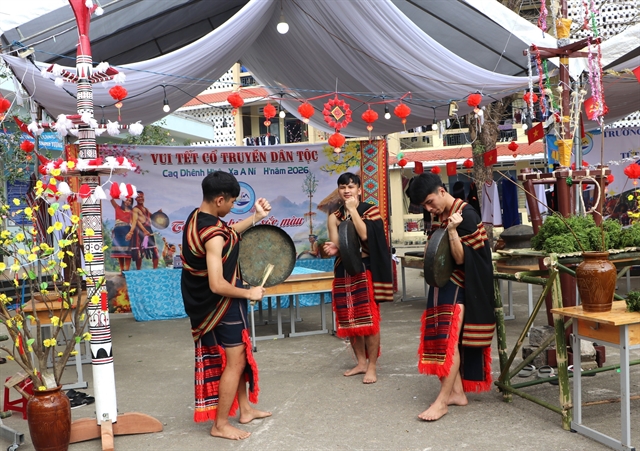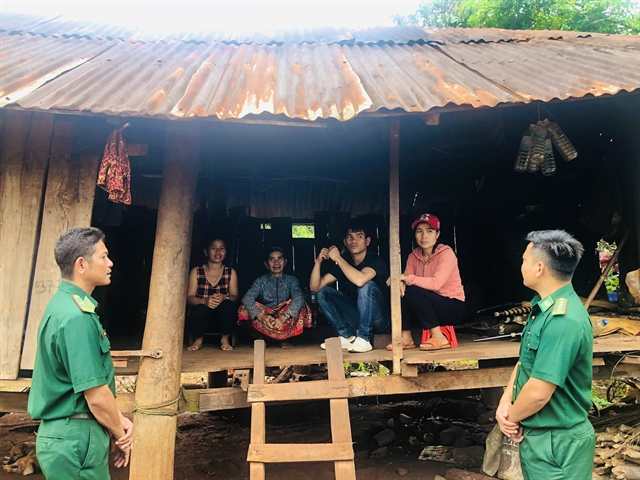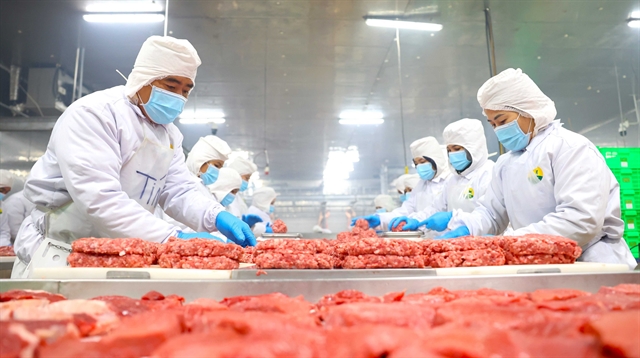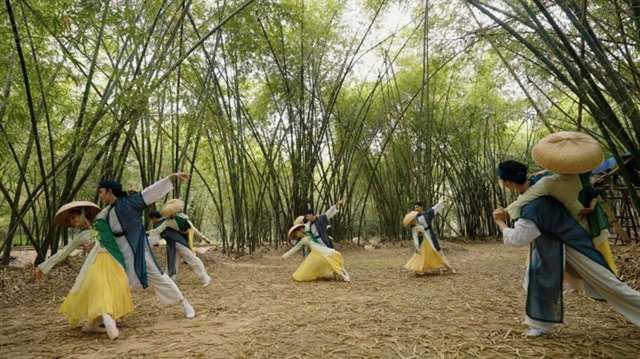 Society
Society

 |
| Border forces rescue young victims of cross-border human trafficking in Ia Grai District in the Central Highlands Gia Lai Province. —VNA/VNS Photo |
HÀ NỘI — A ceremony was held in Hà Nội to launch activities relating to World Day against Trafficking in Persons (July 30), spreading the message that preventing and fighting human trafficking is the responsibility of the whole political system and society and that human trafficking is a global issue that can only be fought with international cooperation.
Statistics from the United Nations Office on Drugs and Crime (UNODC) show that 50 per cent of human trafficking cases served sexual abuse purposes, while 38 per cent of the total victims are forced to work, mostly in sub-Saharan Africa and the Middle East regions.
COVID-19 is creating ideal conditions for human trafficking activities, as governments muster resources to respond to the health crisis, according to experts.
To date, the United Nations Convention against Transnational Organised Crime, adopted in November 2000, is the only globally binding instrument against trafficking in persons.
The ASEAN Convention against Trafficking in Persons, Especially Women and Children (ACTIP) was signed by ASEAN leaders on November 21, 2015, at the 27th ASEAN Summit in Kuala Lumpur, Malaysia.
So far, nine ASEAN member states have ratified the ACTIP. This is the only binding regional convention on the trafficking of persons outside of Europe. This document also demonstrates the strong commitment and unprecedented joint determination of the member states in the fight against trafficking in persons.
In Việt Nam, the Government has rolled out drastic measures to combat human trafficking, including a Human Trafficking Prevention and Control Programme for the 2016-2020 period and the Law on Human Trafficking Prevention and Control.
Over the years, the country has effectively strengthened efforts in verifying, protecting and supporting victims of trafficking, while formulating and perfecting relevant laws, and increasing international cooperation in the field.
Punishments for human traffickers have been clarified in the Criminal Code.
At the same time, Việt Nam's cooperation with other countries, especially those in the region and where a large number of Vietnamese people are trafficked, as well as international organisations on preventing and combating trafficking against persons, has been fostered and expanded.
A programme on human trafficking prevention and control for the 2021-2025 period is underway.
Nguyễn Minh Hiếu, Deputy Director of the Department of Foreign Affairs under the Ministry of Public Security and head of the Steering Committee of the ASEAN-Australia Programme on Anti-Trafficking in Persons in Việt Nam, emphasised the significant role of international cooperation in effectively fighting human trafficking crimes. "No country can solve it alone," he said, adding coordination and cooperation between countries is needed, as well as between international organisations. — VNS




